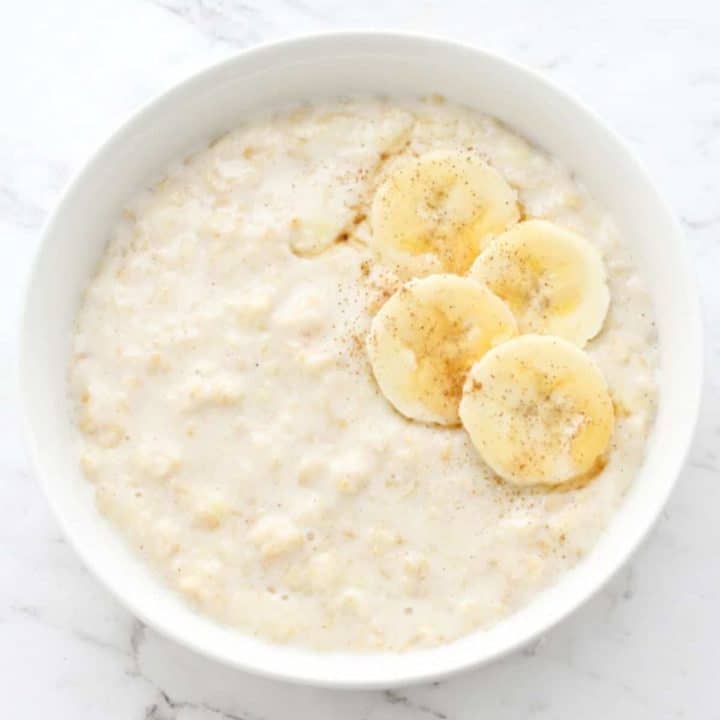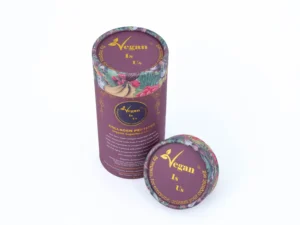Last updated on January 29th, 2025
UK Labour Government Expands Crackdown on Unhealthy Food Advertising
The UK Labour government has announced plans to restrict unhealthy food advertising further. From October 2025, ads for high-fat, salt, and sugar (HFSS) foods will be banned online and on TV before 9 PM. Sweetened porridge and some muesli brands fall under these restrictions, sparking debate over public health and consumer freedom.
The HFSS Advertising Ban: What’s in the Spotlight?
Sweetened Porridge and Muesli Now Restricted
Plain oats and unsweetened muesli remain unaffected. However, pre-packaged porridge pots and sugar-added muesli are now classified as HFSS. Critics argue this is excessive government control, while health experts believe it will help reduce childhood obesity and sugar consumption.
A Broader Public Health Strategy
This ban is part of a larger push to improve public health by tackling poor diets. The government also plans to give local authorities more power to regulate junk food ads and promote access to healthier food options.
Why This Matters
Studies show that junk food marketing strongly influences children’s diets. Research from Public Health England reveals that nearly one-third of children in England have a higher weight when leaving primary school. By reducing their exposure to junk food ads, policymakers hope to promote healthier eating habits.
Impact on the Food Industry
Food Manufacturers and Advertisers Express Concerns
Companies worry about the economic effects of the HFSS ban. Many claim that HFSS classification lacks clear guidelines. Brands dependent on TV and online ads fear financial losses.
A Push for Healthier Food Innovation
Despite concerns, this policy could encourage brands to develop healthier products. Reformulating items to meet HFSS standards may lead to more low-sugar, nutrient-rich foods. For health-conscious and plant-based consumers, this could mean a wider range of wholesome breakfast choices.
Potential Consumer Benefits
Encouraging Better Eating Habits
Limiting junk food ads could push people towards healthier diets. By reducing the appeal of high-sugar, processed foods, this ban aims to promote better eating habits.
Improving Transparency in Food Marketing
Stricter advertising rules may also lead to clearer food labeling. As consumers become more aware of hidden sugars, they may choose more nutritious alternatives.
What This Means for Vegans and Plant-Based Diets
For those following a plant-based diet, the HFSS ban could help create a more transparent food industry. Many plant-based brands already focus on whole, unprocessed ingredients, making them well-positioned in this changing market. The shift towards cleaner food could drive greater demand for plant-based superfoods.
The Future of HFSS Regulations in the UK
This policy could pave the way for further food regulations. With concerns about obesity and diet-related diseases rising, additional restrictions on unhealthy foods may follow. Consumers, brands, and retailers will need to adapt to a new landscape where nutrition is prioritised over aggressive marketing.
Support Your Health Naturally
Looking for an easy way to improve your nutrition? Discover additive-free, plant-based superfood blends at VeganisUs.com and nourish your body with whole-food goodness.







